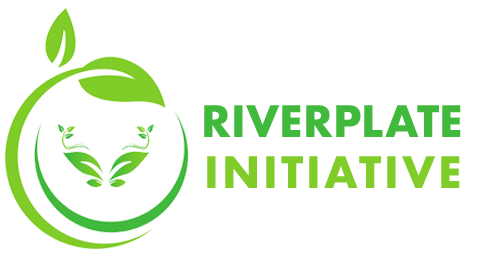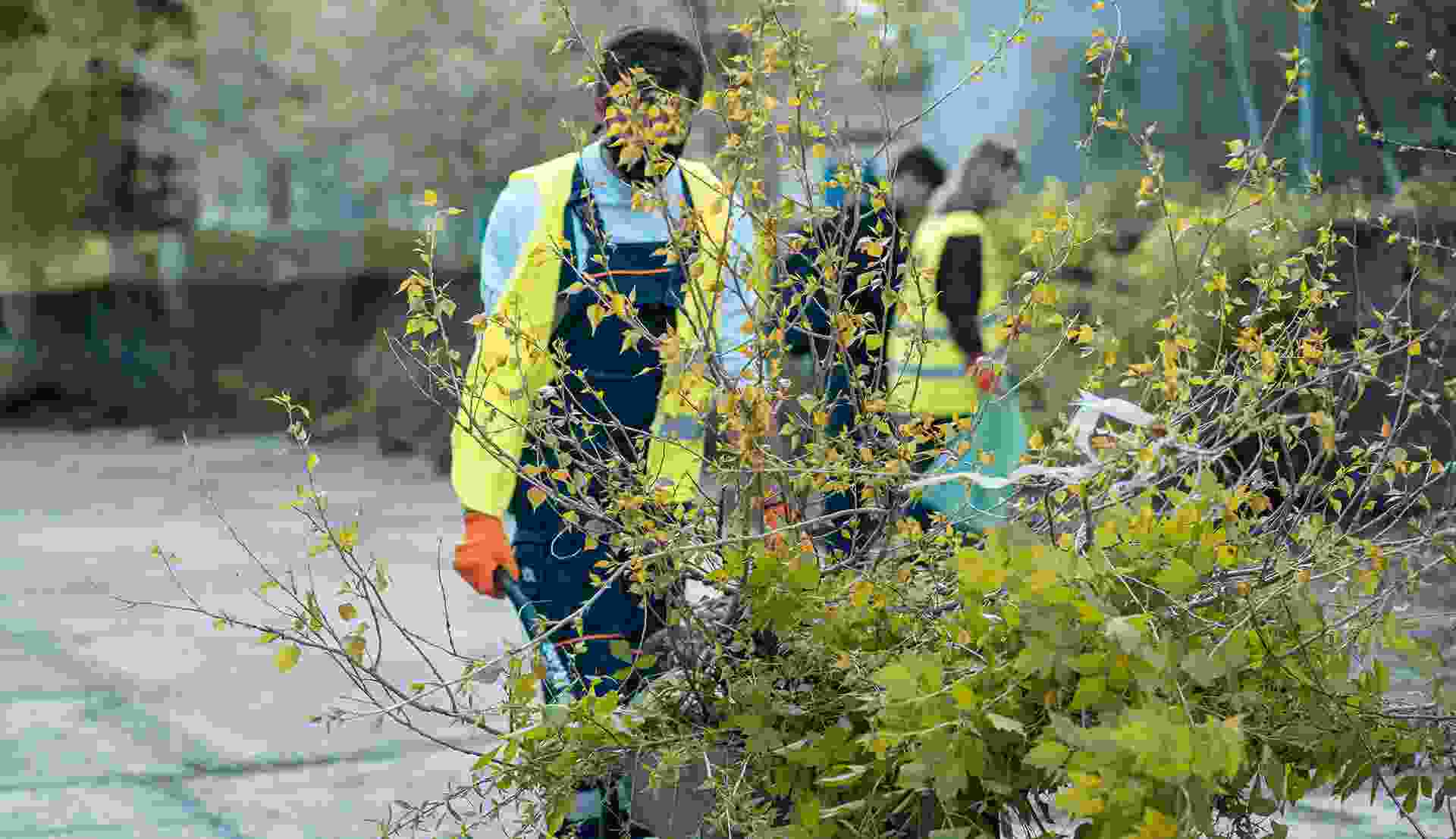Nigerian youth are taking center stage in the global fight against climate change, showcasing their innovative solutions and entrepreneurial...
Overview
Nigerian youth are making significant strides in climate action through innovative projects and active community engagement. Recent initiatives highlight their commitment to combating climate change and fostering sustainable development.
Tree Planting and Waste Conversion Projects
In Northeast Nigeria, youth participation in climate action has been exemplary. During the International Youth Day 2021 events, organized by the Feed the Future Nigeria Rural Resilience Activity and supported by USAID, over 7,000 trees were planted across Adamawa, Borno, Gombe, and Yobe states. These activities aimed to combat deforestation and promote environmental preservation.
Additionally, training sessions were held to teach youth how to convert plastic waste into interlocking bricks and sawdust into cooking coal, demonstrating innovative ways to manage waste and support sustainable practices (Mercy Corps).

Empowering Young Women in Climate Leadership
The “She Leads Climate Action” campaign by Girl Up Nigeria focuses on educating and empowering young women to take active roles in climate action. This youth-led initiative emphasizes the importance of female participation in environmental conservation and climate justice. The campaign engages women and girls in various activities, including tree planting, waste management, and community education on the impacts of climate change (WEF UpLink).
Through innovative solutions, community engagement, and empowerment programs, these young leaders are making a significant impact on the environment and their communities.
Youth-Led Projects Funded by YMCA
The YMCA has been instrumental in supporting youth-led climate action projects. Recently, the organization funded 35 projects across 20 countries, including Nigeria. One notable project in Nigeria involves the use of maize husks and plantain stalks to manufacture paper-based food packaging materials, addressing both waste management and the demand for eco-friendly products. These initiatives not only contribute to environmental sustainability but also create economic opportunities for local communities (World YMCA).

Promoting Climate Resilience Through Community Engagement
UNICEF Nigeria highlights the efforts of young Nigerians like Aisha Isah, who are leading grassroots movements to promote climate resilience. Community projects include restoring degraded forests through tree planting campaigns and establishing community gardens to enhance food security. These initiatives underscore the power of collective action and the role of youth in driving sustainable change at the local level (UNICEF).
Conclusion
The active involvement of Nigerian youth in climate action projects is a testament to their commitment to creating a sustainable future. Through innovative solutions, community engagement, and empowerment programs, these young leaders are making a significant impact on the environment and their communities. As these efforts continue to grow, they offer hope and inspiration for a resilient and sustainable Nigeria.
For more updates and to get involved in our initiatives, visit Riverplate Nigeria Limited.
Previous Story
No story to show!
Related Posts
As these young leaders continue to develop innovative solutions and advocate for sustainable practices, Riverplate Nigeria Limited stands ready...



